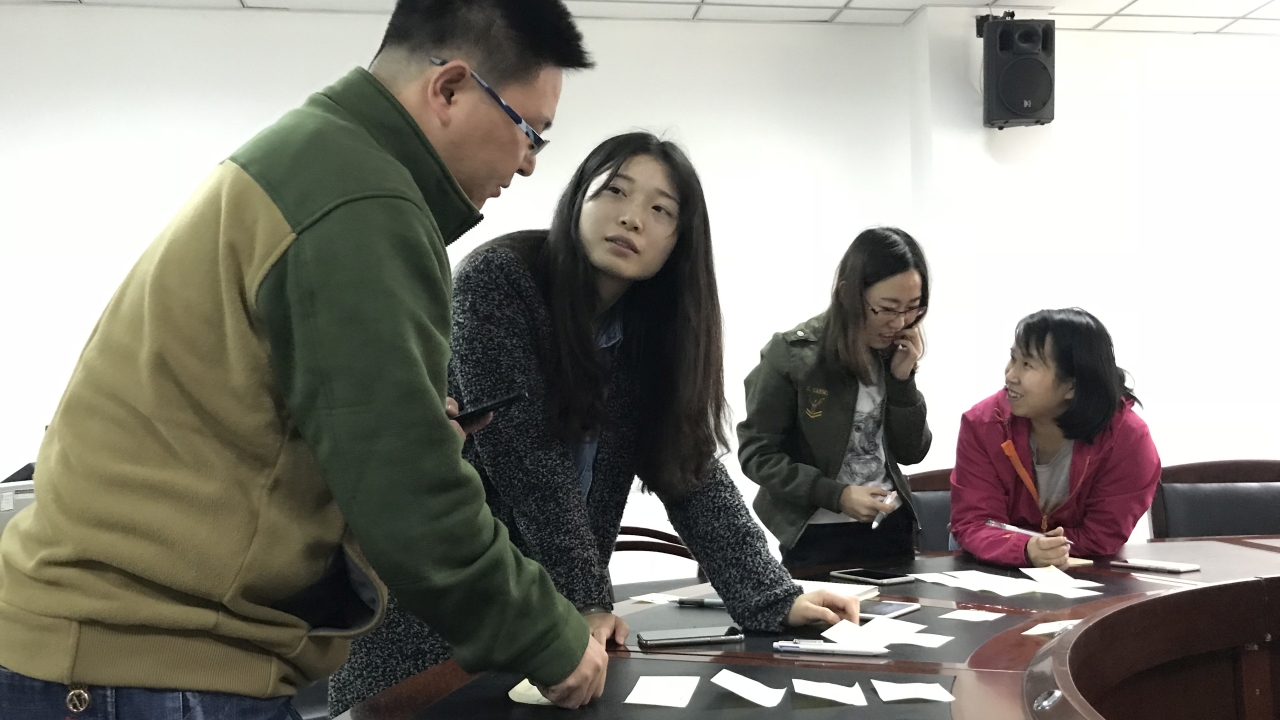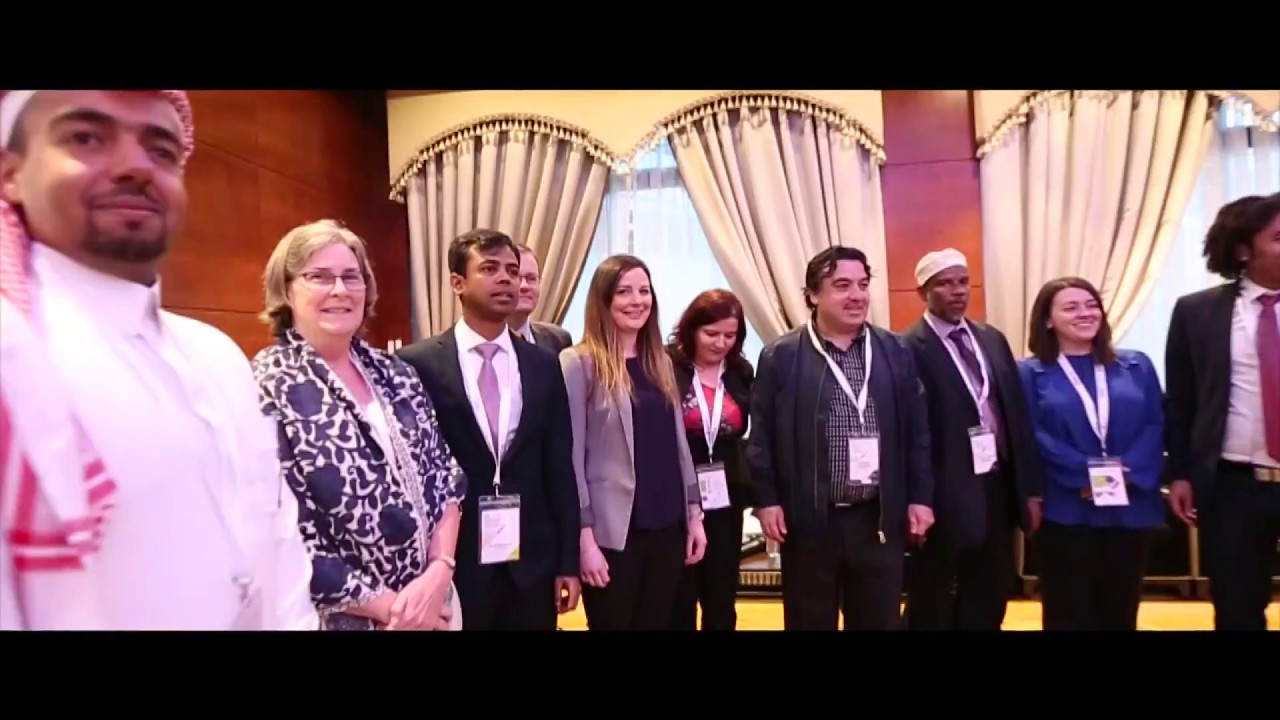
Is experiential learning the future of professional education?
Originally posted on The Horizons Tracker.
The need to continuously modify and update your skills and expertise is increasingly seen as vital to thriving in the future of work. While the ‘chalk and talk’ method of tutors lecturing groups of students has dominated for much of the last 150 years, there are growing signs that this is no longer fit for purpose, especially in delivering the technical skills required for the 4th industrial revolution.
Among those at the forefront of the change are the Technical University of Eindhoven, whose students regularly form teams that compete in various challenges. Teams often consist of students from a range of backgrounds and they work together on pressing social challenges. For instance, the Solar Team are working on a solar-powered family car, whereas Team CORE are working to develop an oven that can recycle batteries.
The universities believe that participating in these challenges give students a host of skills that are invaluable in the workplace today, not least of which are the softer skills such as collaboration and team work that have been cited as vital by researchers.
Finding heroes
One of the pioneers of challenge-based innovation has been the XPRIZE, and I wrote recently about the growing number of student teams that are participating in competitions. This has certainly been the case at HeroX, a spinout from the XPRIZE group that was created in 2013 with the express wish to make it easier for organizations to create the kind of challenges for which the XPRIZE have become famous.
“Our vision is to create the world’s problem solving platform that lets organizations harness the power of the crowd to solve any problem,” Christian Cotichini, co-founder and CEO of HeroX told me recently. “We want to make it approachable for any organization, including smaller challenges and projects that incorporate a variety of approaches.”
One of the more interesting challenges currently live on the platform is the Base 11 Space Challenge, sponsored by Base11, who are a non-profit organization that tries to encourage and support young people in developing and deploying skills in science, technology, engineering and maths (STEM).
The Space Challenge is a $1 million prize for a student-led team to design, build and launch a liquid-propelled, single stage rocket to an altitude of 100 kilometers by December 3oth 2021.
The competition has attracted entrants from 35 universities from across the United States and Canada, with teams a combination of single university entrants and more collaborative efforts. Indeed, the team from the University of Toronto are partnering with students from the University of Vienna in a joint team that has been endorsed by the Austrian government.
“This diversity gives students a big advantage because the reality is that the world is becoming more global, and we want to give students real world experiences so that when they enter the workforce, it’s not new to them,” Landon Taylor, CEO of Base 11 says. “They walk into a company having worked on real world problems and the ability to say that they’ve worked side by side with people from different countries and was able to deal with differences and see things from a multi-cultural point of view is a big advantage.”
Broad experience
Each team has a faculty member to support and mentor the teams, which average around 50 students from a mixture of disciplines. This was a crucial factor, as it was important for teams not just to have scientists and engineers, but also project managers, accountants and marketing expertise to give the teams rounded expertise to pull from.
This multi-disciplinary exposure is something that the University of Eindhoven researchers identified, as leadership and soft skills are increasingly important in the modern economy.
Indeed, recent research from the Technical University of Munich identified a lack of soft skills, such as collaboration and leadership, as a major factor in the challenges German researchers face in turning their excellent technical knowledge into new and successful startups.
This lack of work applicable skills is seeing a shift in the way skills are taught in a wide range of fields. For instance, the European Institute of Innovation & Technology provide business education for the scientists and engineers that form part of their pan-European tech cluster.
Coding for success
Experiential learning is also something that is increasingly common in areas such as coding. While companies such as Lambda have understandably gained a lot of attention for their approach to skills development, with a complete emphasis on employability for each student as the company only earn when the student starts earning, a number of coding schools have gone further still.
For instance, whereas Lambda provide a network of local mentors and career coaches to help people find work, Budapest-based start up CodeCool actively work with local employers to ensure not only that students are learning the kind of things that employers need, but that they have a range of ‘live’ projects they can work on with those stakeholders.
“We know from experience how hard it is to find senior software developers. But if trained the right way, juniors have tremendous potential,” József Boda, CEO of CodeCool told me. “Our students are proof of this. They add value to organizations from day one and work hard to get better and better at what they do.”
These projects not only give students the opportunity to see how software development and cybersecurity work is done in the real world, but it also gives them direct exposure to the kind of team working and collaboration that is a fundamental part of life in a modern IT department.
The ability to adapt
With the average individual now predicted to have multiple different careers throughout their life, skills such as problem solving, collaboration, project development and open-mindedness are likely to be increasingly important in underpinning the technical skills we will have to learn throughout our careers.
“Project-based learning and cross-cultural competency are critical complements to our students’ foundational academic skills. We know that when we equip students with the right skills and perspectives, they have the power to work gracefully and effectively with people of diverse backgrounds, think critically about local and global challenges, and collaborate to create impactful solutions for a more peaceful and sustainable world,” said George Stewart, Founding Head of School for EF Academy’s new campus in Pasadena, California.
EF Academy regularly provides its students with real-life experiences ranging from river clean ups to coding competitions to Hult Prize-style design thinking challenges. For instance, recent projects have included translating materials for the Children’s Tumor Foundation to help raise awareness of neurofibromatosis around the world. The aim of EF Academy is to provide an immersive experience rich in experiential learning that helps to set students up for their careers.
By applying their learning in a real world setting, the aim is to fully immerse students in the complex and nuanced environment within which their skills will be deployed. In a world as complex as the 4th industrial revolution promises to be, this is surely worth its weight in gold.
Article source: Is Experiential Learning The Future Of Professional Education?
Header image: Experiential learning activity for PhD students at Shanxi University, China. Image by Bruce Boyes, CC BY-SA 4.0.






